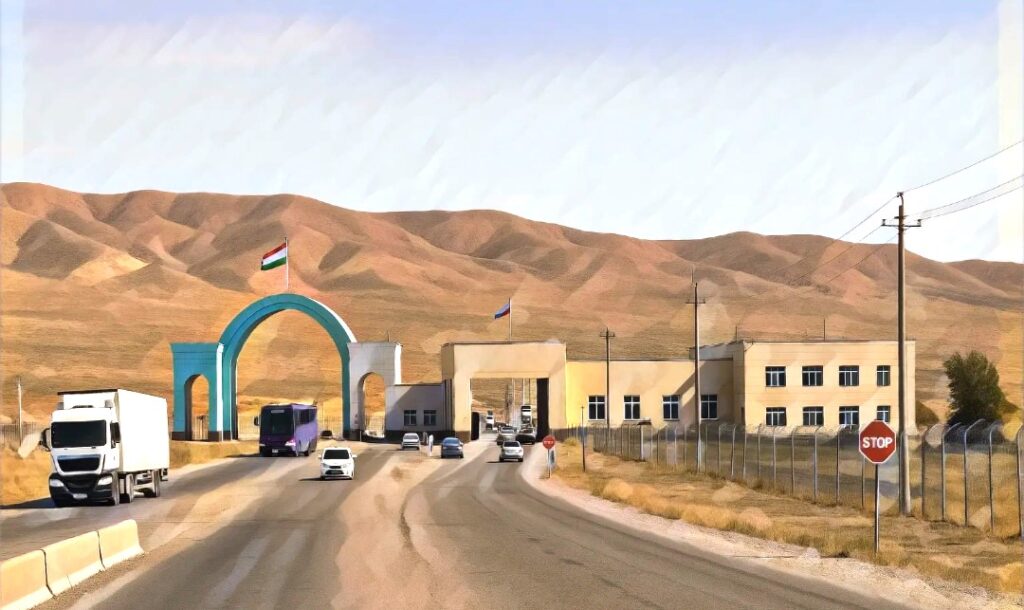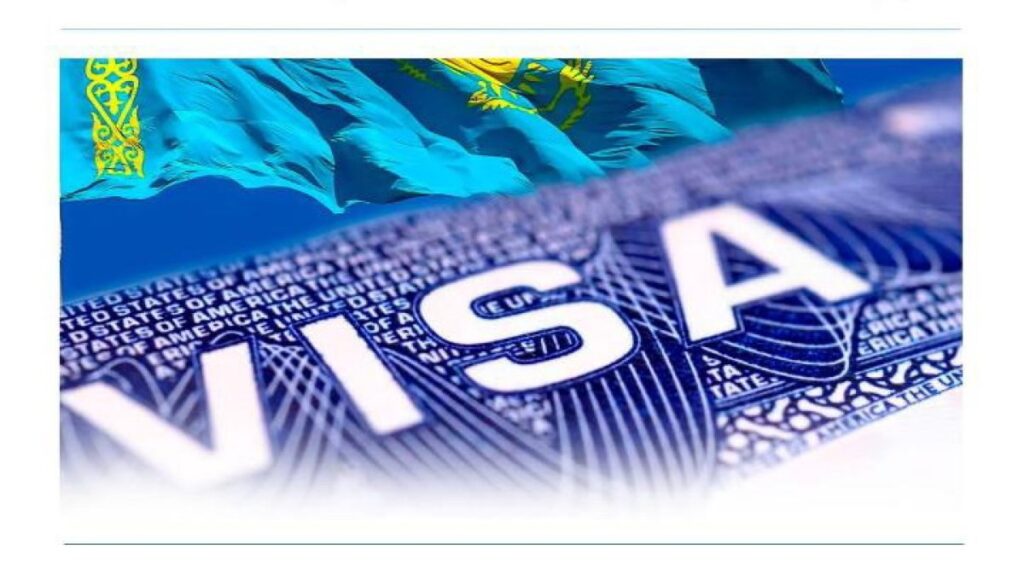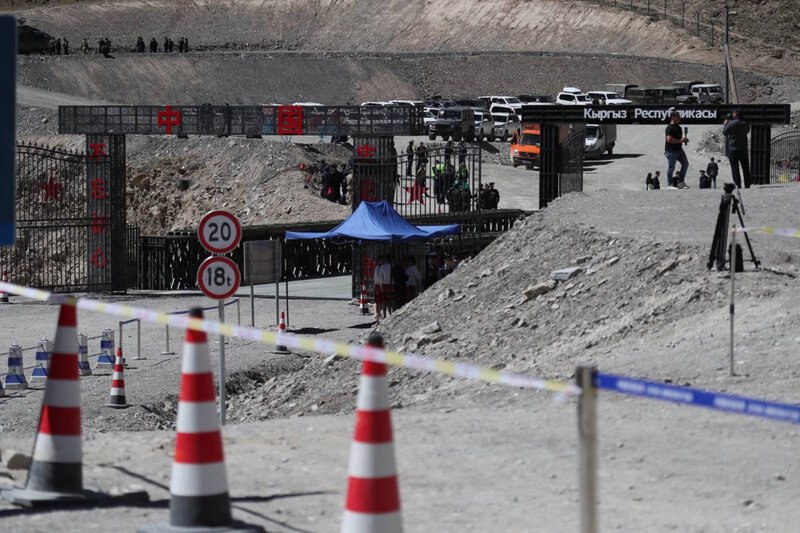DUSHANBE (TCA) — Tajikistan and Uzbekistan have agreed on visa-free travel between the two countries and other border-crossing measures, RFE/RL’s Tajik Service reports.
Tajik media reports on January 11 said that the decisions were made during a visit to Dushanbe by Uzbek Prime Minister Abdulla Aripov.
Aripov and his Tajik counterpart, Qohir Rasulzoda, agreed to finalize and sign the new border protocols in the near future.
Aripov also held talks with Tajik President Emomali Rahmon on January 10, the first day of his two-day visit to Dushanbe.
The new border regulations will allow Tajik and Uzbek citizens to visit each others’ countries without visas for up to 30 days.
They will also provide for the building of new checkpoints along the border and the opening of several bus links to connect the two nations’ cities.
The reports said an agreement was also reached regarding the disputed dam of the Soviet-era Farhod hydropower station along the border.
Under the accord, the land on which the station stands will be Tajik property, while the station itself, including its equipment and infrastructure, will be owned by Uzbekistan.
Following the collapse of the Soviet Union in 1991, ties between Tajikistan and Uzbekistan have often been tense due to disagreements on issues including borders, water and energy resources, and transit routes.
But relations have improved since the death of longtime Uzbek President Islam Karimov in 2016.
President Shavkat Mirziyoev, who assumed rule after Karimov’s death, has said that improving ties with Uzbekistan’s neighbors is his major foreign-policy priority.









